Product Description
Injuries, Pain, Wound healing etc..The benefits of Traumacare
• Accelerates healing as opposed to simply masking the injury
• Helps sufferers regain mobility and resume normal activities more quickly
• Available in an odorless cream or gel and is also conveniently offered in oral dosage forms
• Suitable for the entire family
• Better tolerated than NSAIDs: does not cause adverse effects on the renal, cardiovascular, gastrointestinal, hepatic and nervous systems
• No known medicinal interactions; may be combined with conventional or natural medications
Traumacare works directly at the root of muscle pain, backaches, sports and repetitive stress injuries, minor joint pain and post-operative inflammation to accelerate the healing process.
Scientifically proven to relieve pain and swelling, Traumacare is suitable for the entire family and is a true alternative to conventional painkillers.
Is Traumacare scientifically and clinically proven effective?
Traumacare is supported by over a dozen studies elucidating its mechanisms of action, clinical applications, low rate of side effects, and effectiveness.3-20 The data clearly shows it to regulate, control and support inflammatory mediators at different stages of the inflammation process instead of suppressing them.
What are the benefits to combining Traumacare oral and topical forms?
Although the ointment or gel may be used alone quite effectively, certain more chronic conditions may benefit from the addition of an oral form of Traumacare to ensure a comprehensive effect.
Indications
Trauma, inflammation, bruises, muscular pain, luxation, contusion, etc. This product is considered as a homeopathic anti-inflammatory. You can prevent pain or trauma due to a physical activity and promote regeneration of tissues by taking 1 tablet before this activity.
Injuries such as sprains, dislocations, contusions, effusions of blood and effusions into a joint, fractures; post-operative and post-traumatic edema and swelling of the soft tissues. Inflammatory processes and degenerative processes associated with inflammation on the various organs and tissues, including in particular, the support and mobility apparatus (tenosynovitis, styloiditis, epicondylitis, bursitis, scapulohumeral periarthritis); arthrosis of the hip, knee and small joints. Commotio cerebri acuta.
Injuries of all kinds (sports, accidents) such as sprains, dislocations, contusions, effusions of blood and effusions into a joint, fractures, etc; inflammatory processes and degenerative processes associated with inflammation on the various organs and tissues (e.g. periodontitis, suppuration of the gingival pockets, periodontosis), including, in particular, on the support and mobility apparatus (tendovaginitis, bursitis, scapulohumeral periarthritis); arthrosis of the hip, knee and small joints.

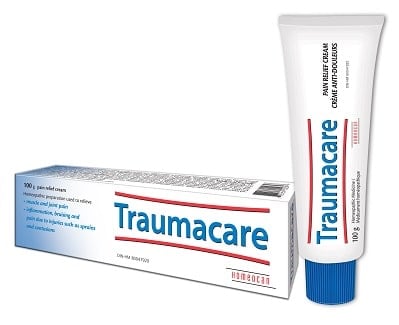
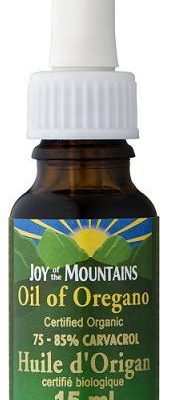
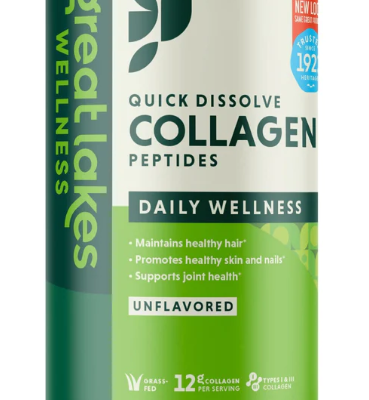
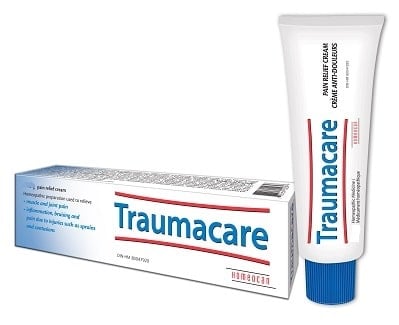
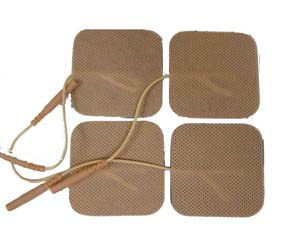
What others are saying
There are no contributions yet.